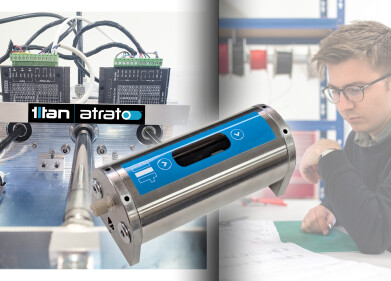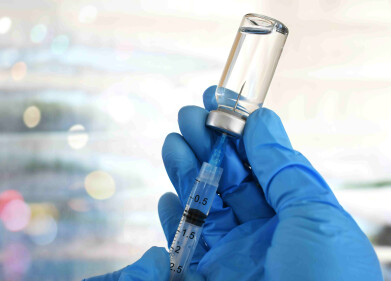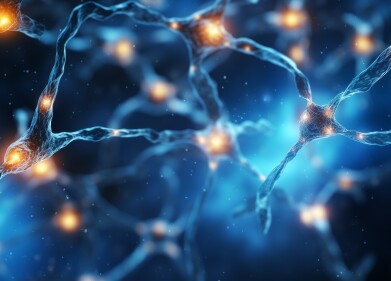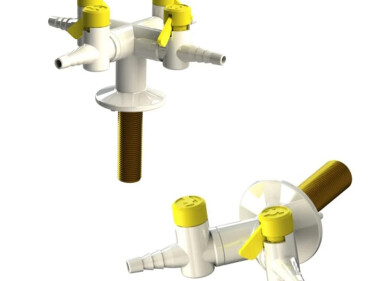Laboratory products
Diverse Molecules Engineered for High-Quality Fragment Screening-Based Programmes
Aug 19 2010
Thermo Fisher Scientific introduced the latest addition to its Maybridge Fragment Range, the Maybridge Ro3 Diversity Fragment Library. The new library has been computationally engineered to build on the key customer-driven features of the original Maybridge Ro3 Library, such as ‘Rule of Three’ (Ro3) compliance, pharmacophoric enrichment and quality assurance of at least 95%.
The Maybridge Ro3 Diversity Library offers both an improved structural diversity profile and experimental solubility data for every one of the 1,500 member compounds. Full Ro3 compliance means that all 1,500 fragments have the physicochemical properties that increase the probability of successful ‘hits’. The broad portfolio also provides access to analogues for fragment hopping, as well as reactive analogues for rapid hit evolution and derivatisation. Consequently, these Maybridge Fragments provide an ideal starting point for a leadoptimisation, structure-based drug discovery programme and the ultimate evolution of a new molecule in the drug discovery process.
Every fragment in the new Maybridge library has been experimentally triaged to assure solubility in both DMSO (200mM) and aqueous phosphate buffer (1mM). Aqueous solubility is a prerequisite for successful in-vitro testing, as poor solubility can compromise the robustness of the screening data through aggregation and promiscuous inhibition. Fragment hits with poor aqueous solubility are also more likely to produce evolved analogues with inferior ADME properties, such as plasma protein binding, poor systemic distribution and an increased likelihood of candidate attrition. The Maybridge Ro3 Diversity Fragment Library mitigates all
such issues. When building the new Maybridge library, Maybridge scientists applied Daylightbased structural fingerprinting techniques (1024 bit length) to an Ro3 compliant set of 8,000 fragments and the fingerprinted set then clustered using industry standard clustering software (DBClus). The resulting representative set of 1,500 high-quality molecules consists of 819 cluster centroids and 690 singletons at a Tanimoto level of 0.66.
Digital Edition
Lab Asia Dec 2025
December 2025
Chromatography Articles- Cutting-edge sample preparation tools help laboratories to stay ahead of the curveMass Spectrometry & Spectroscopy Articles- Unlocking the complexity of metabolomics: Pushi...
View all digital editions
Events
Jan 21 2026 Tokyo, Japan
Jan 28 2026 Tokyo, Japan
Jan 29 2026 New Delhi, India
Feb 07 2026 Boston, MA, USA
Asia Pharma Expo/Asia Lab Expo
Feb 12 2026 Dhaka, Bangladesh



















